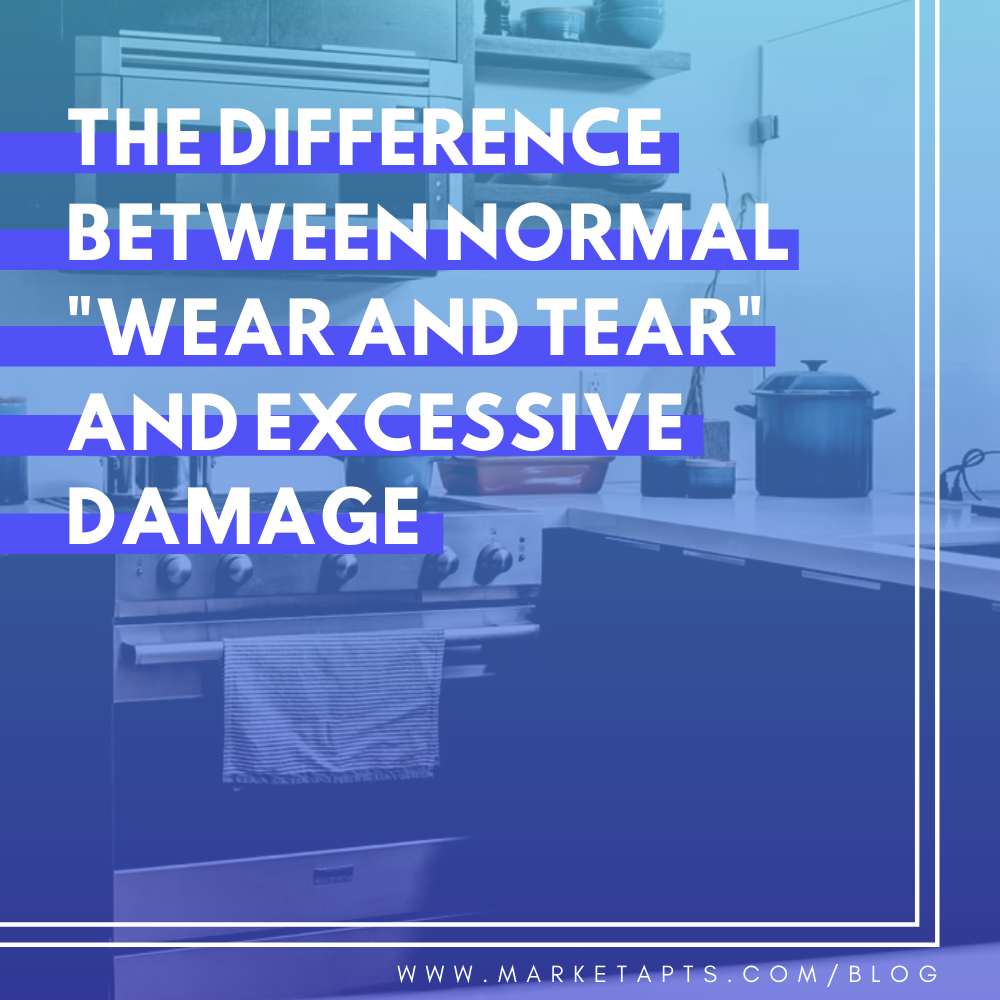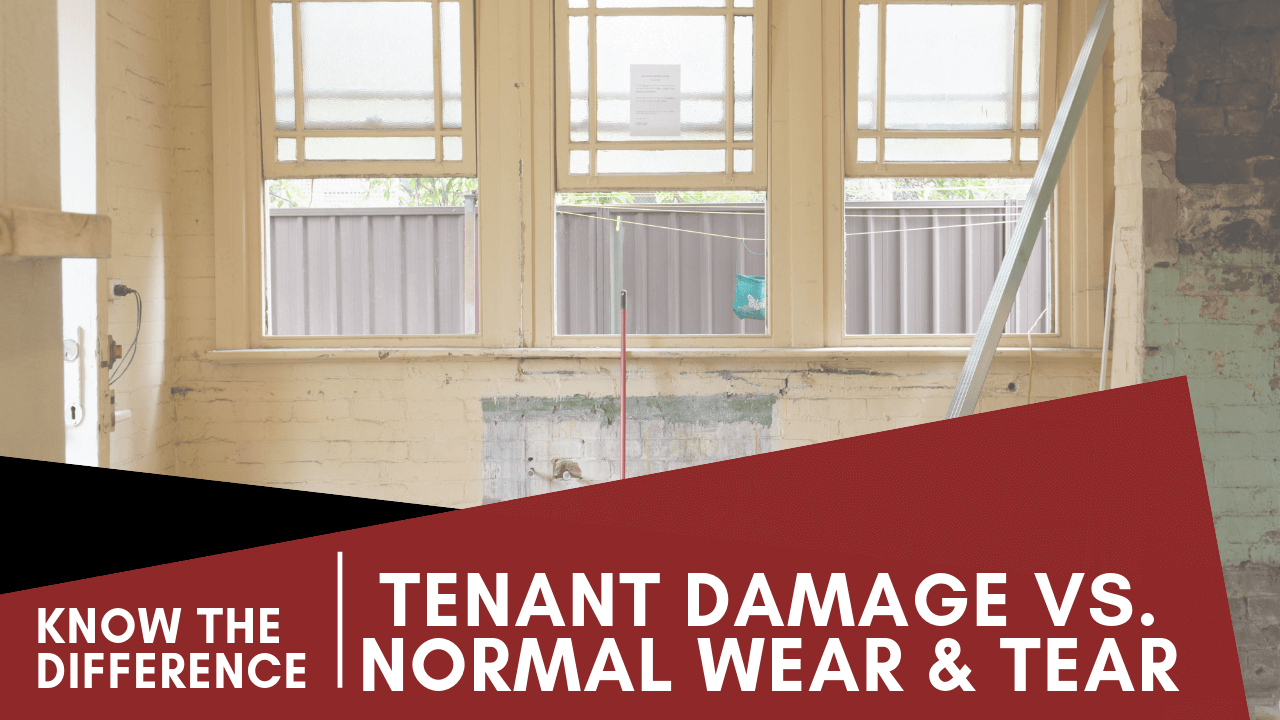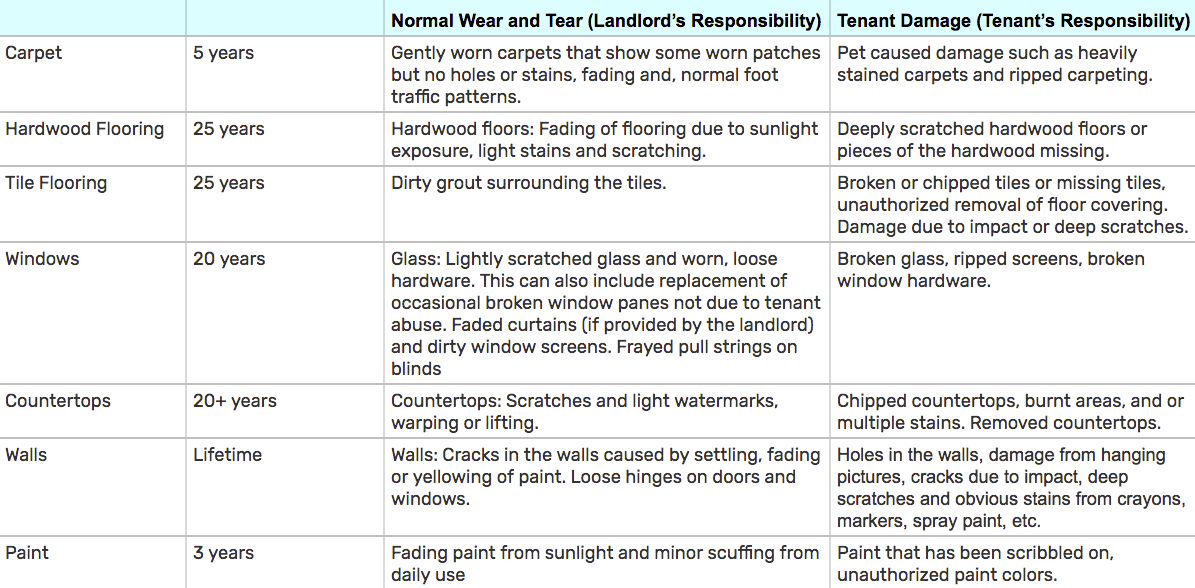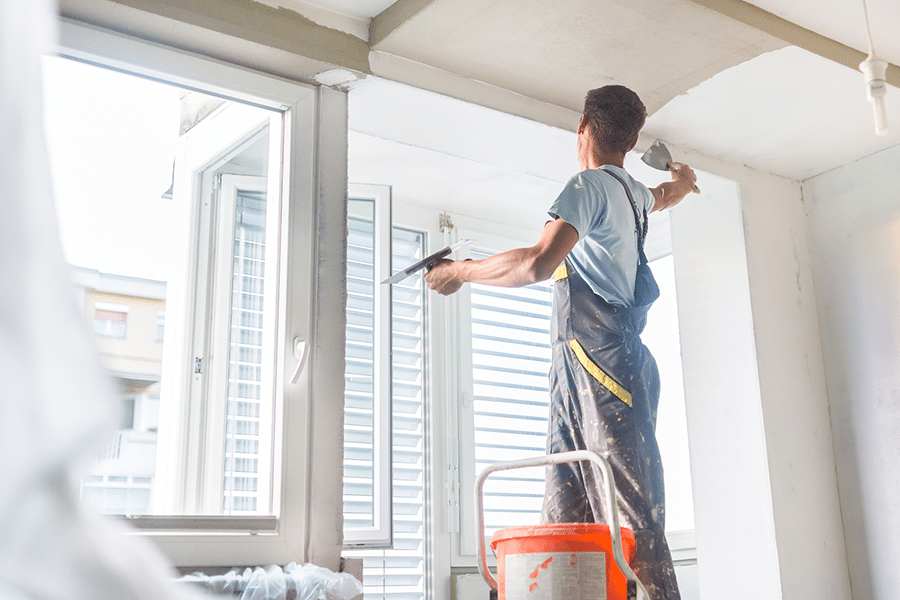Ordinary wear and tear includes simple wearing down of carpet and drapes because of normal use or aging and includes moderate dirt or spotting.
Apartment carpet reasonable wear and tear.
Holes stains and burns are also considered damage.
Minor markings on the walls can be easily touched up or cleaned but anything that changes the condition of the wall could be considered damage beyond normal wear and tear for a rental property such as.
Over time normal traffic patterns through your apartment may cause the carpet to wear down a little.
As part of ordinary maintenance a landlord should freshen up an apartment with a new coat of paint every time a new tenant occupies the premises.
This is a naturally occurring condition which isn t caused by a tenant.
A landlord checklist can help you figure out what s normal wear and tear vs damage by forcing you to document all of the above.
The costs an owner incurs for the basic cleaning and repairing of such items necessary to make a unit ready for occupancy by the next tenant are part of the costs of doing.
For example wear of carpeting in a unit where a tenant has lived for 6 years will most likely be greater than wear after only 6 months.
In contrast large rips or indelible stains justify a deduction from the tenant s security deposit for repairing the carpet or drapes or replacing them if that is reasonably necessary.
The landlord tenant act does not specifically define normal wear and tear.
Tenant damage versus normal wear and tear normal costs of turning over an apartment after a tenant vacates may not be included on a claim to hud for tenant damages.
When the walls and carpet reflect damage beyond normal wear and tear tenants become responsible because.
Otherwise whatever you do to ready the place for the new tenant would probably fall under normal wear and tear.
Tenants can argue that wear and tear will be greater over time and that it includes all normal uses of the premises.
For a better understanding of the difference between the two and when you can deduct the tenant s deposit let s take a look at the two most common examples which are normal wear and tear vs damaged carpet and normal wear and tear vs damaged paint.
Normal wear and tear or reasonable wear and tear are common terms associated with rentals and typically refer to the expected depreciation that results from a tenant living in a property not damages as a result of tenant neglect or abuse.
New carpet that s stained at the end of a one year lease.
And tenants if you wish to prove that you left the place in the same condition in which you took it considering normal wear and tear take your own before and after photos or videos in case your landlord tries to wrongfully keep.
That s normal wear and tear.
Examples of normal wear and tear.




























